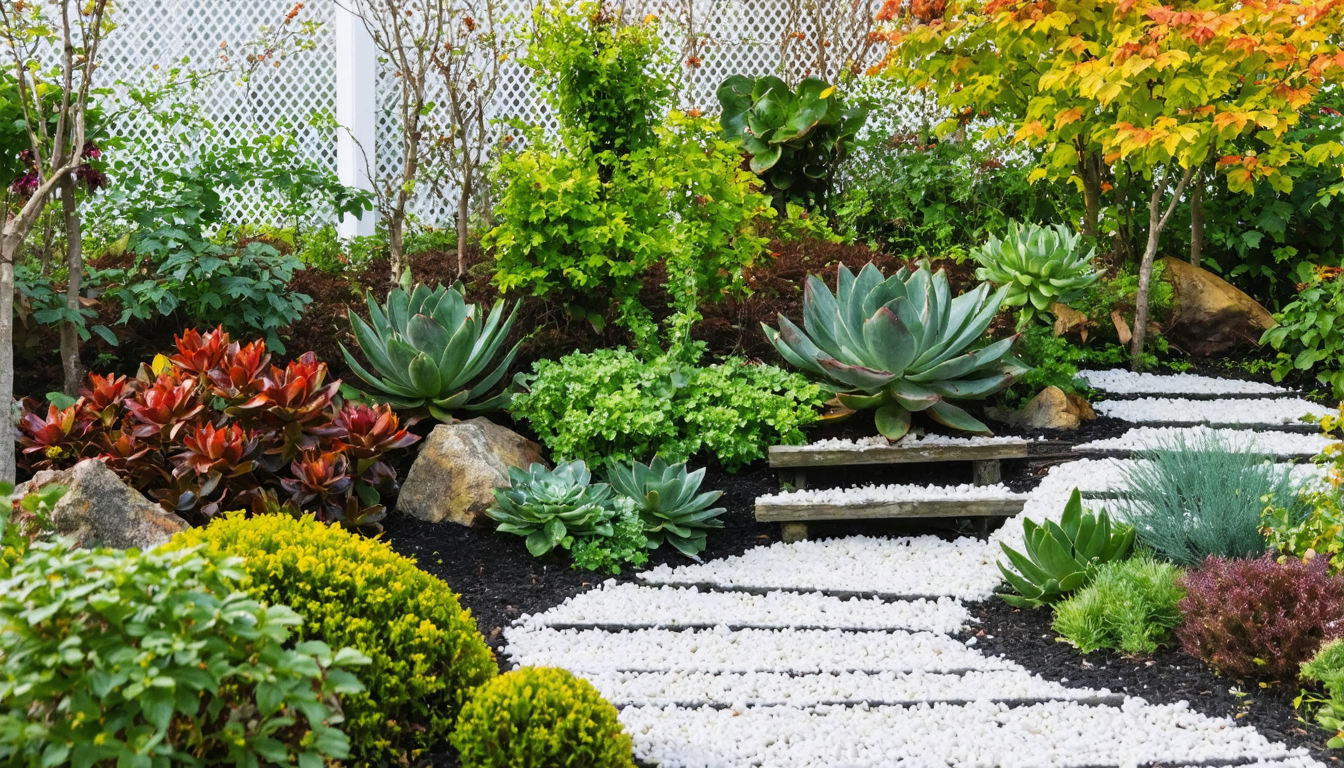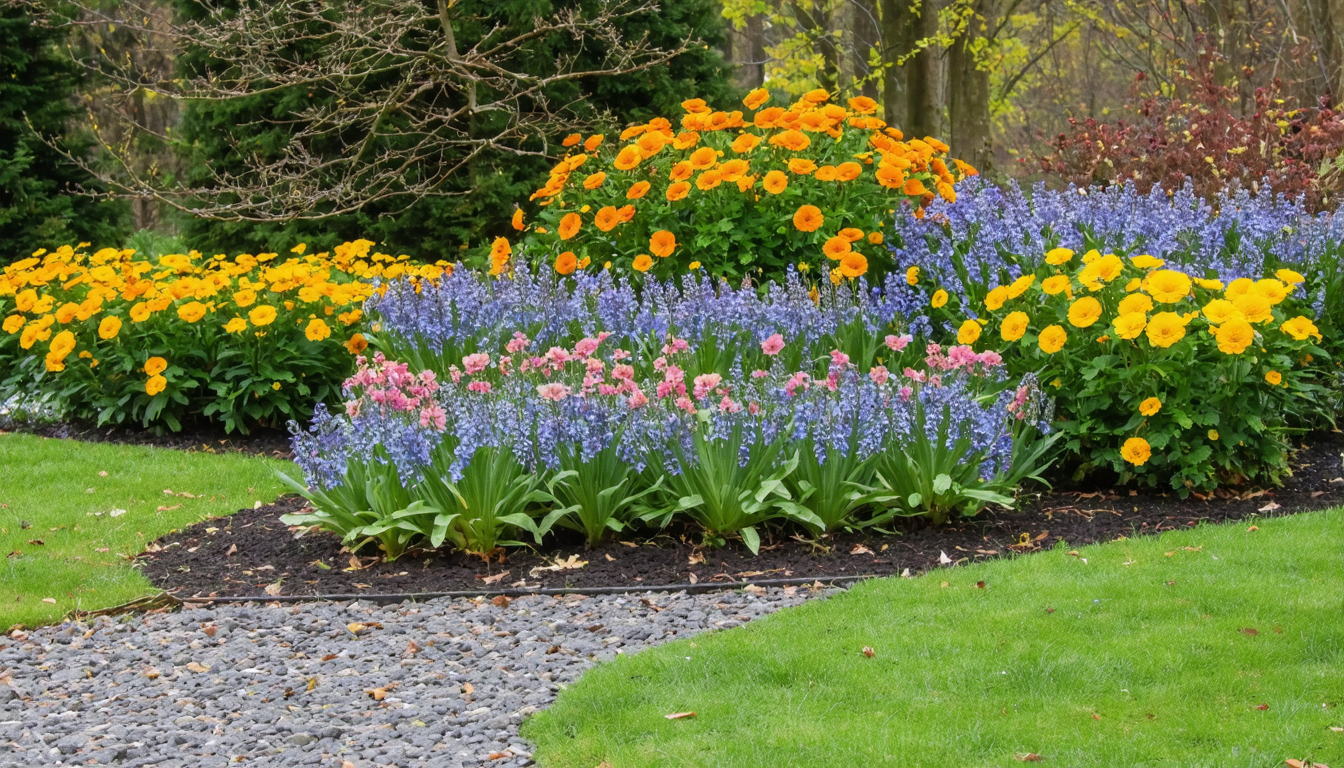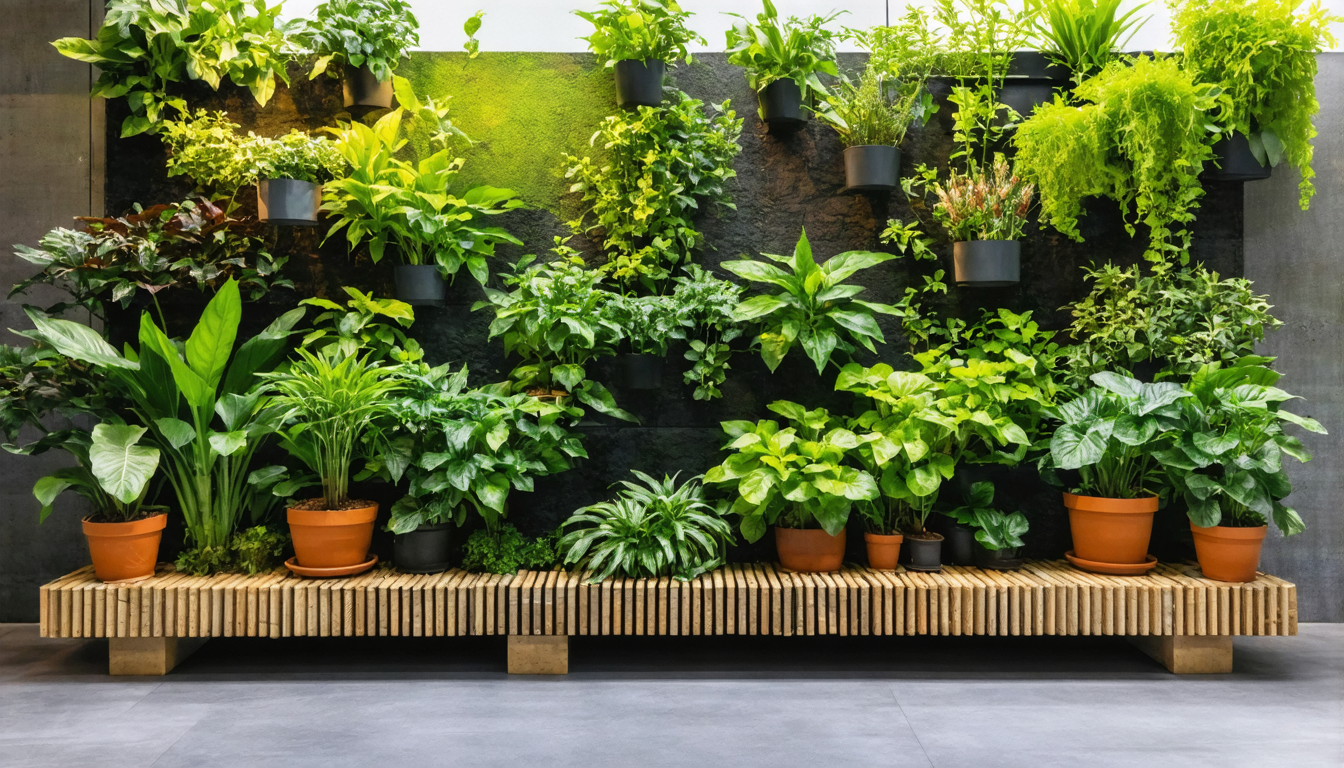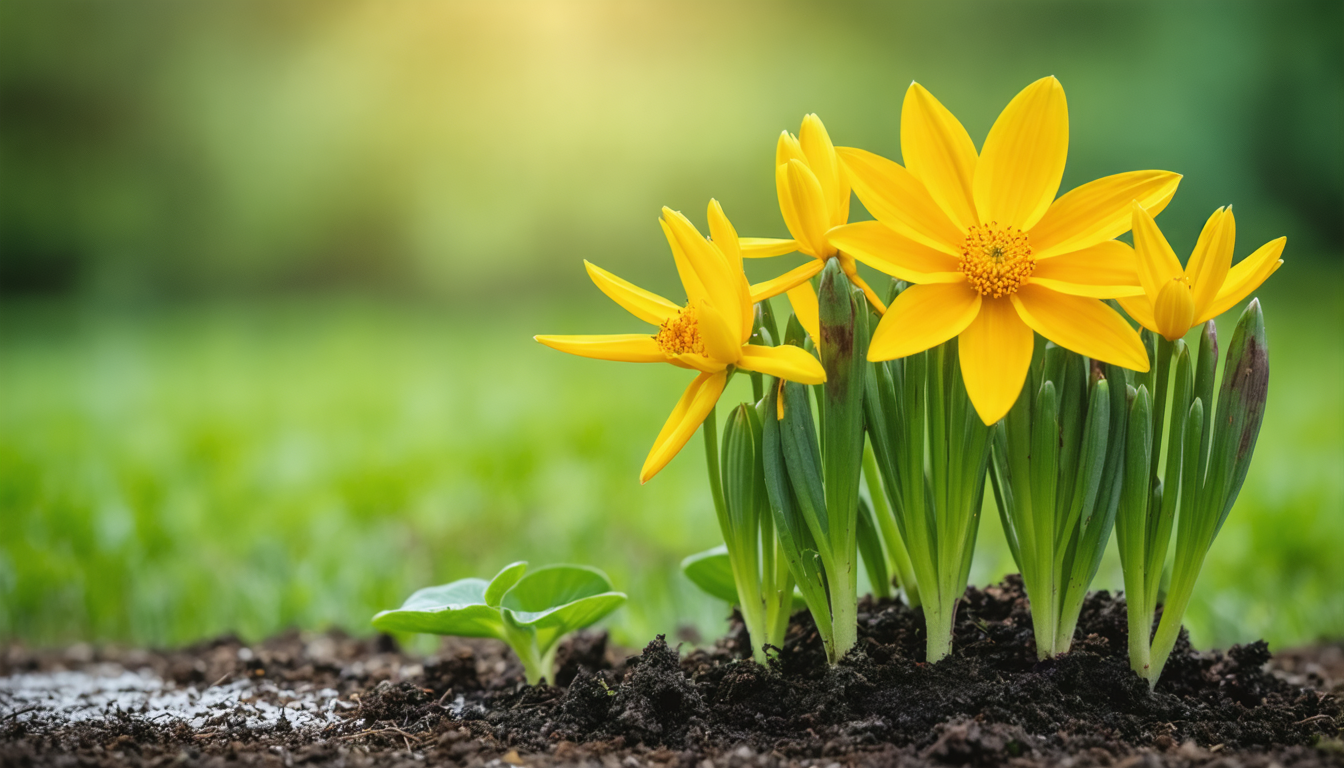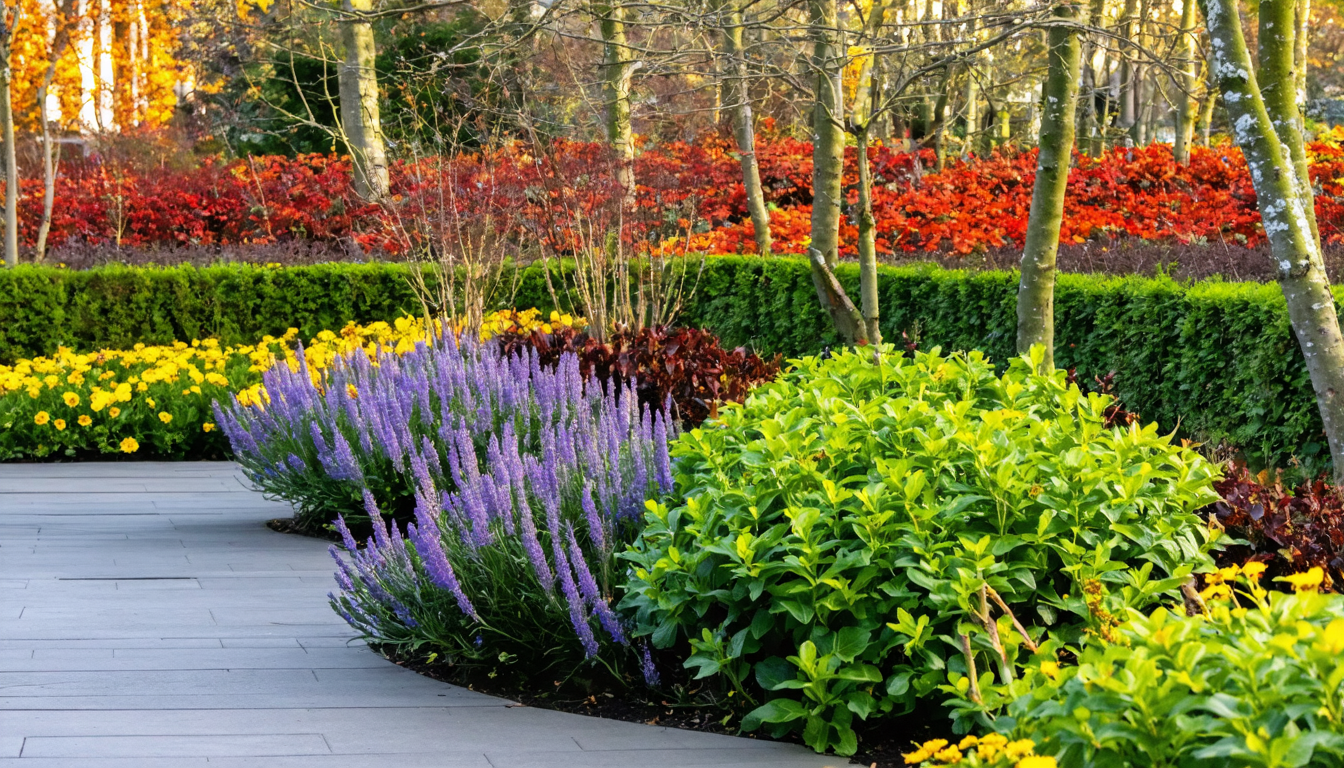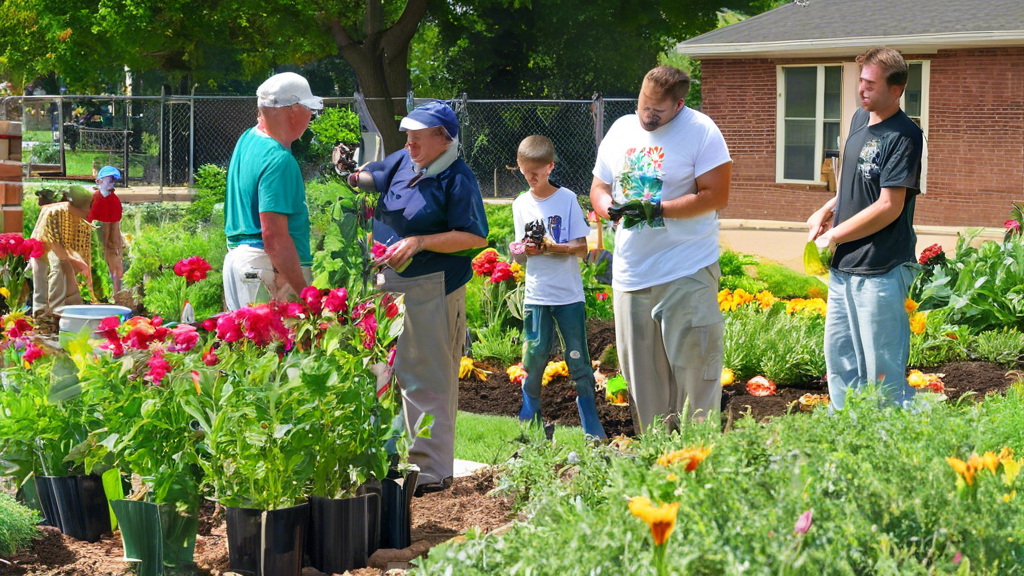
The Mission: More Than Just a Garden
This partnership between the OSU Master Gardeners and the Tulsa Boys Home is rooted in a mission that transcends horticulture, focusing on holistic development and healing for the youth involved.
Cultivating Life Skills and Responsibility
The garden serves as a living classroom where boys learn essential life skills. Through planning planting schedules, maintaining plots, and observing plant growth, they develop patience, accountability, and an understanding of cause and effect. Each boy takes ownership of specific tasks, fostering a sense of pride and accomplishment as they see their efforts bear fruit—literally and figuratively.
Providing Therapeutic Benefits Through Horticulture
Gardening offers a natural form of therapy, reducing stress and providing a calming, sensory-rich environment. The rhythmic nature of tasks like weeding and watering helps ground the boys, offering a peaceful retreat and a non-judgmental space for self-expression and reflection.
Promoting Nutrition and Food Security
By growing their own vegetables, the boys gain firsthand knowledge of where food comes from and the nutritional benefits of fresh produce. Harvests are used in the Home’s kitchen, creating a rewarding “seed-to-table” experience that enhances their understanding of healthy eating and self-sufficiency.
Addressing Core Challenges: Healing Through Horticulture
This initiative directly tackles several emotional and developmental hurdles faced by the youth at the Tulsa Boys Home, using gardening as a tool for transformation.
Overcoming a Lack of Stability and Routine
Many residents have experienced significant instability in their lives. The garden introduces a consistent, predictable routine—watering, weeding, and monitoring growth—that provides structure and a sense of security, helping to anchor their daily lives.
Building Self-Esteem and a Sense of Accomplishment
Struggles with self-worth are common among the boys. Successfully nurturing a plant from seed to harvest delivers a tangible, visible achievement. This process reinforces their capabilities and builds confidence through measurable results.
Fostering Healthy Connections and Teamwork
Trust and communication can be significant challenges. Collaborative gardening projects require teamwork and mutual support, enabling the boys to practice interpersonal skills in a supportive, low-pressure setting alongside mentors and peers.
A Unique Symbiosis: The OSU Master Gardener Expertise
What sets this program apart is the specialized knowledge and approach brought by the OSU Master Gardeners, elevating it from a simple volunteer effort to an educational and therapeutic powerhouse.
The OSU Master Gardener Difference: Expertise Meets Empathy
Unlike general volunteers, OSU Master Gardeners are certified experts trained through Oklahoma State University Extension. They integrate research-based horticultural science into every activity, teaching the boys about soil composition, pest management, and plant biology. This transforms gardening into an engaging, hands-on science lesson that sparks curiosity and deep, practical learning tailored to Oklahoma’s unique climate.
Comparing the Impact: Gardening vs. Traditional Activities
This table highlights how the gardening initiative offers distinct advantages over conventional recreational programs, providing multifaceted benefits that support growth and healing.
| Feature | Gardening Initiative | Traditional Recreational Activity (e.g., Board Games) |
|---|---|---|
| Tangible Outcome | Yes: Produces food, flowers, and a transformed landscape. | No: Activity ends when the game is over. |
| Connection to Nature | Strong: Direct, hands-on interaction with the environment. | Minimal to None: Typically an indoor, abstract activity. |
| Skill Development | Diverse: Science, nutrition, patience, physical labor. | Focused: Strategy, rule-following, turn-taking. |
| Therapeutic Value | Inherent: Grounding, sensory, and stress-reducing. | Situational: Can be fun, but may also be competitive/frustrating. |
Frequently Asked Questions (FAQs)
What is the Tulsa Boys Home?
The Tulsa Boys Home is a residential treatment center dedicated to helping adolescent boys overcome emotional, behavioral, and developmental challenges. It provides a safe, structured environment where youth can heal and build life skills through therapeutic programs and community support.
Who are the OSU Master Gardeners?
OSU Master Gardeners are certified volunteers trained by the Oklahoma State University Extension. They commit to sharing research-based horticultural knowledge and providing educational outreach and service to their local communities.
What do the boys actually grow in the garden?
The garden features a variety of crops suited to Oklahoma’s climate, including tomatoes, peppers, squash, herbs, and sunflowers. These plants are selected for their ease of growth, high yield, and educational value, ensuring a successful and engaging gardening experience.
How can the community support this initiative?
Community members can contribute by donating seeds, gardening tools, or financial support to the Tulsa Boys Home. Those interested in volunteering can contact the local OSU Extension office to learn about opportunities to get involved with the Master Gardener program or similar initiatives.
